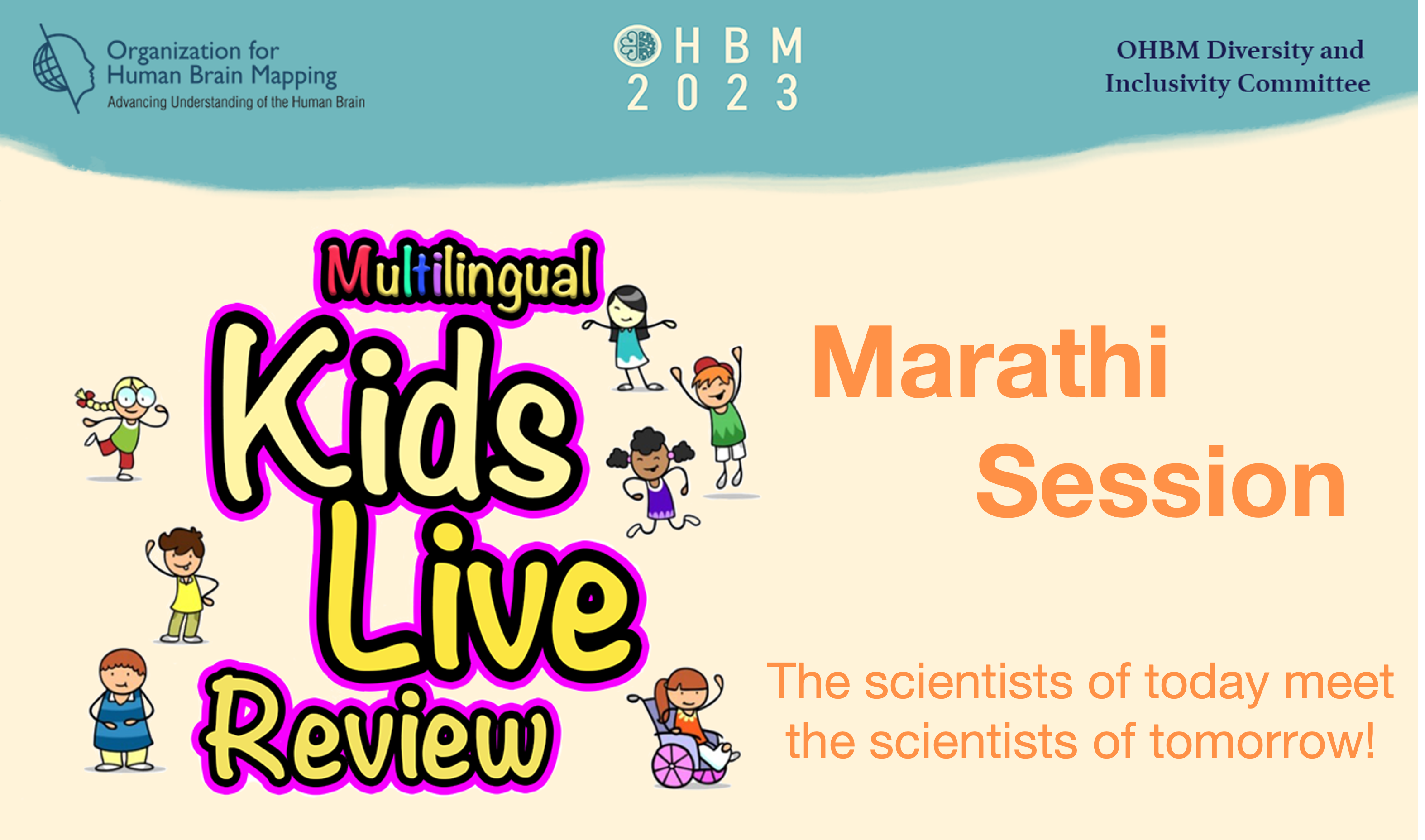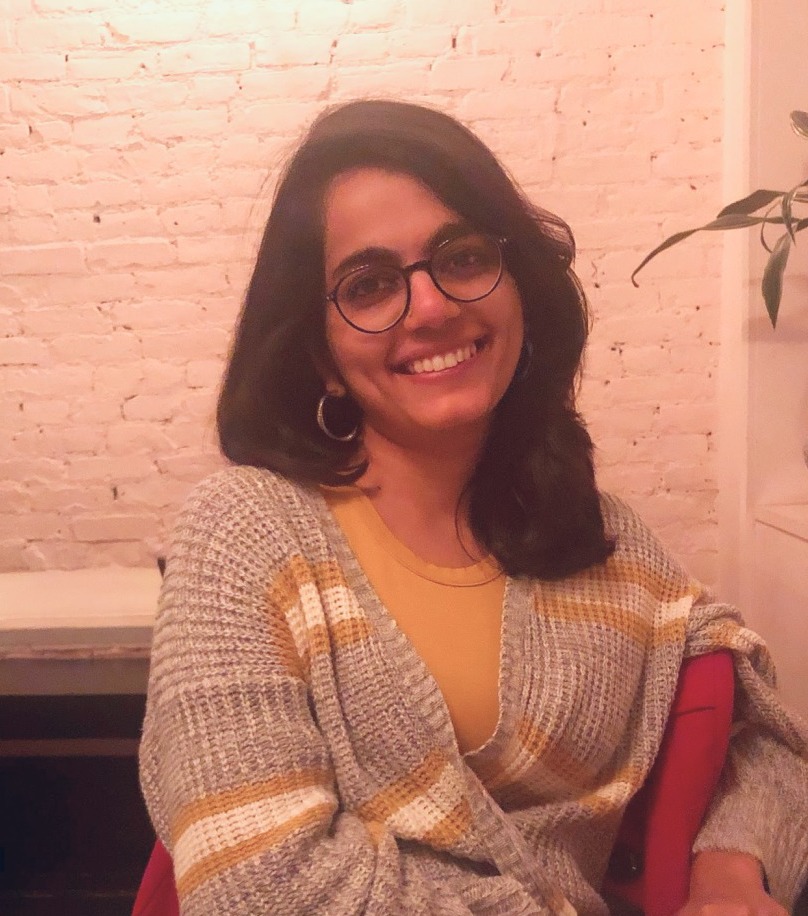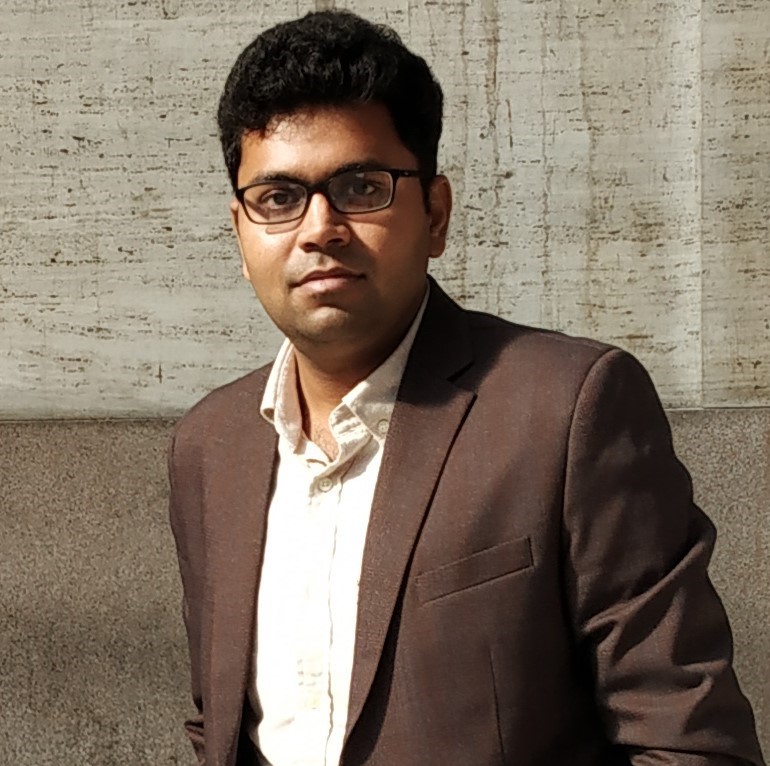Kids Review: Marathi and English 2023 - Memories in the Brain: How we Remember / आपला मेंदू आणि त्यात साठवलेल्या स्मृती & Facing the Face Challenge
The Marathi and English edition of our kids review

Update: Regrettably, the scheduled event had to be canceled as the speaker was unavailable for the planned date and time.
Talk 1
आपला मेंदू आणि त्यात साठवलेल्या स्मृती
काल रात्री तुम्ही काय जेवलात? या वाढदिवसाला काय केलेत? आणि मागच्या वर्षी दिवाळीत कुठे गेला होतात? आपल्या देशाची राजधानी काय आहे? आणि भारताचा राष्ट्रीय प्राणी कोणता आहे?
या प्रश्नांची उत्तरे तुम्हाला अगदी सहज देता आली असतील, हो ना? याचे कारण, या स्मृती आपल्या मेंदूत साठवून ठेवलेल्या असतात! पण या स्मृती सगळ्या एकसारख्या नसतात. काही स्मृती क्षणिक असतात, उदा. वर्गात एखादे गणित सोडवताना आपल्याला त्यातील आकडे आणि कृती तेवढ्या वेळापुरत्या लक्षात राहतात. पण काही गोष्टी मात्र अगदी आयुष्यभर आपल्या आठवणीत राहतात, उदा. सायकल शिकताना घडलेली एखादी घटना!
आजच्या या व्याख्यानात आपण आपल्या स्मृतींच्या या मनोरंजक दुनियेत डोकावून बघणार आहोत, आपला मेंदू वेगवेगळी माहिती कशी साठवून ठेवतो हे समजून घेणार आहोत. शॉर्ट टर्म मेमरी (अल्पकालिक स्मृती) आणि लॉंग टर्म मेमरी (दीर्घकालिक स्मृती) यासारख्या विविध प्रकारच्या स्मृती आपल्या मेंदूत कशा तयार होतात आणि साठवल्या जातात हे आपण शिकणार आहोत, आणि रोजच्या आयुष्यात आपण त्यांचा कसा उपयोग करतो हेही आपण जाणून घेणार आहोत.
Memories in the Brain: How we Remember
What did you have for dinner last night? What did you do on your last birthday? How about on Diwali last year? What is the capital of our country? What is India’s national animal?
You are able to answer these questions because you have stored these memories in your brain! But did you know that there are different types of memory? Some memories last are fleeting, such as remembering the numbers and operations when solving a problem in your maths class. But some memories can last for a lifetime, like remembering the time that you learned how to ride a bike!
In our upcoming talk, we’ll explore the fascinating world of memory and learn how your brain stores different kinds of information. You’ll get to discover the different types of memories, like short-term memory and long-term memory, and how they’re formed and stored.
Talk 2
Facing the Face Challenge
We see so many faces around us day in and day out. Essentially they all have similar features but they are not the same. Ever wondered how we are able to distinguish one from the other effortlessly? How are we able to remember so many faces and not confuse the face of our teacher with our friend?
In our next talk, we are going to discuss how our brains face the face challenge and what might happen if someone loses the capacity to recognize faces.
Presenters and organizers

1 Rotman Research Institute, Baycrest Academy for Research and Education
Mrinmayi is from Pune, India. She completed her Bachelor’s degree in Psychology at Fergusson College in Pune. She then received a Masters in Cognitive Neuroscience from the University of York, UK, and completed her Ph.D. at the University of Wisconsin Milwaukee, USA. She now works as a postdoctoral research fellow in the labs of Drs. Rosanna Olsen and Brad Buchsbaum at the Rotman Research Institute. Mrinmayi’s main interest is in understanding how we process, store and retrieve information from memory, and how this changes as we get older or if we have certain diseases. She uses techniques such as eye-tracking and brain imaging to study how different parts of the brain work together to support learning and memory.

1 Baycrest and Rotman Research Institute
Durjoy is a neurologist trained in Kolkata, India. Currently he is pursuing a Clinical Research Fellowship in Cognitive and Behavioral Neurology at the Baycre for Research and Education/ Rotman Research Institute affiliated with the University of Toronto. His research interests include Alzheimer’s Disease biomarkers and the application of neuromodulation techniques in dementia. He recently received the Sandra Black Award for Clinical Dementia Research at the Temerty Faculty of Medicine, University of Toronto.